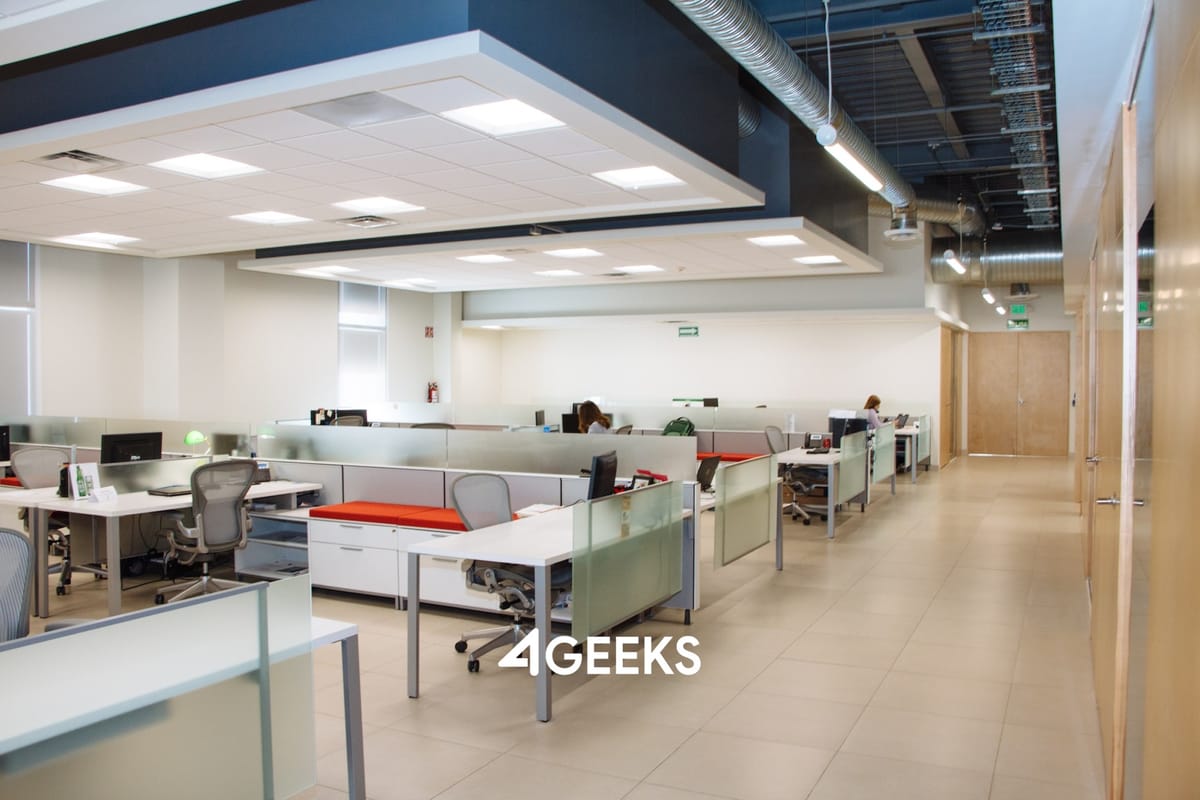The Impact of Generative AI on Society and the Future of Work

Generative Artificial Intelligence (AI) has emerged as a groundbreaking technology that promises to revolutionize numerous industries and facets of society. As a subset of AI, generative AI focuses on creating, synthesizing, and generating content, such as images, text, audio, and videos.
With advancements in machine learning and deep learning algorithms, generative AI has made significant strides, raising important questions about its impact on society and the future of work.
In this blog post, we will explore the various ways in which generative AI is transforming our world, examining both the potential benefits and challenges that lie ahead.
Understanding Generative AI
Generative AI utilizes models that are trained to generate content similar to that of a given dataset. Some of the prominent generative AI techniques include Generative Adversarial Networks (GANs), Variational Autoencoders (VAEs), and Transformer-based models. GANs, in particular, have received significant attention for their ability to generate highly realistic content, such as images, by pitting two neural networks against each other in a game-like setup.
The Creative Revolution
One of the most apparent impacts of generative AI on society is its role in fueling the creative revolution. With the ability to generate art, music, and literature, AI is challenging traditional notions of creativity and authorship. Artists and musicians are increasingly collaborating with AI to create innovative works, leading to a fusion of human and machine creativity.
While some argue that this dilutes the authenticity of art, others see it as a limitless wellspring of inspiration that opens new possibilities for expression.
Automation of Content Creation
Generative AI has the potential to disrupt content creation industries profoundly. It can automate the production of text, images, and videos at an unprecedented scale and speed.
For instance, AI-generated articles and reports can assist journalists and writers in generating drafts or summaries, saving valuable time. However, this level of automation raises concerns about the authenticity and integrity of the information produced.
Detecting and combating misinformation and deepfakes become critical challenges in such a scenario.
Enhancing Product Design and Innovation
Generative AI can be harnessed to optimize product design and innovation processes. For example, it can be used to create and evaluate numerous design variations, accelerating the prototyping phase and driving creativity in engineering and architecture.
This could lead to more efficient and cost-effective product development, but it may also alter the nature of work for designers, who must adapt to the new collaboration with AI.
The Future of Work
The advent of generative AI will undoubtedly shape the future of work across industries. While some jobs may be automated, new roles will emerge to harness the potential of AI effectively. Here are some potential impacts on the job market:
- AI-Augmented Professions: Many professions will see AI tools integrated into their daily work, supporting decision-making, data analysis, and research. Doctors, engineers, financial analysts, and scientists will use AI to enhance their expertise and improve outcomes.
- Evolving Skillsets: The demand for skills related to AI development, data science, and machine learning will soar. People will need to acquire new skills and engage in lifelong learning to stay relevant in the job market.
- Socioeconomic Disparities: The transition to an AI-driven society may exacerbate income inequality, as those with access to AI technology and skills will thrive, while others may face job displacement and economic challenges.
- Repetitive Jobs at Risk: Repetitive and routine tasks, such as data entry and manual labor, are at a higher risk of automation. This could lead to job loss in certain sectors, necessitating a focus on reskilling and job transition programs.
- Ethical and Social Implications: The integration of AI into various sectors will raise ethical concerns, such as data privacy, algorithmic bias, and job displacement. Striking a balance between AI adoption and protecting societal values will be crucial.
Conclusion
Generative AI is undoubtedly reshaping society and the future of work. While it brings about immense possibilities for creativity, efficiency, and innovation, it also presents significant challenges. As we embrace the potential of generative AI, it is vital to ensure ethical development and responsible use of the technology.
A collaborative effort between governments, industries, and the public is necessary to navigate the transformative impact of generative AI and create a future that benefits all of humanity. By fostering innovation, education, and empathy, we can harness the power of AI to build a more inclusive and prosperous society.




